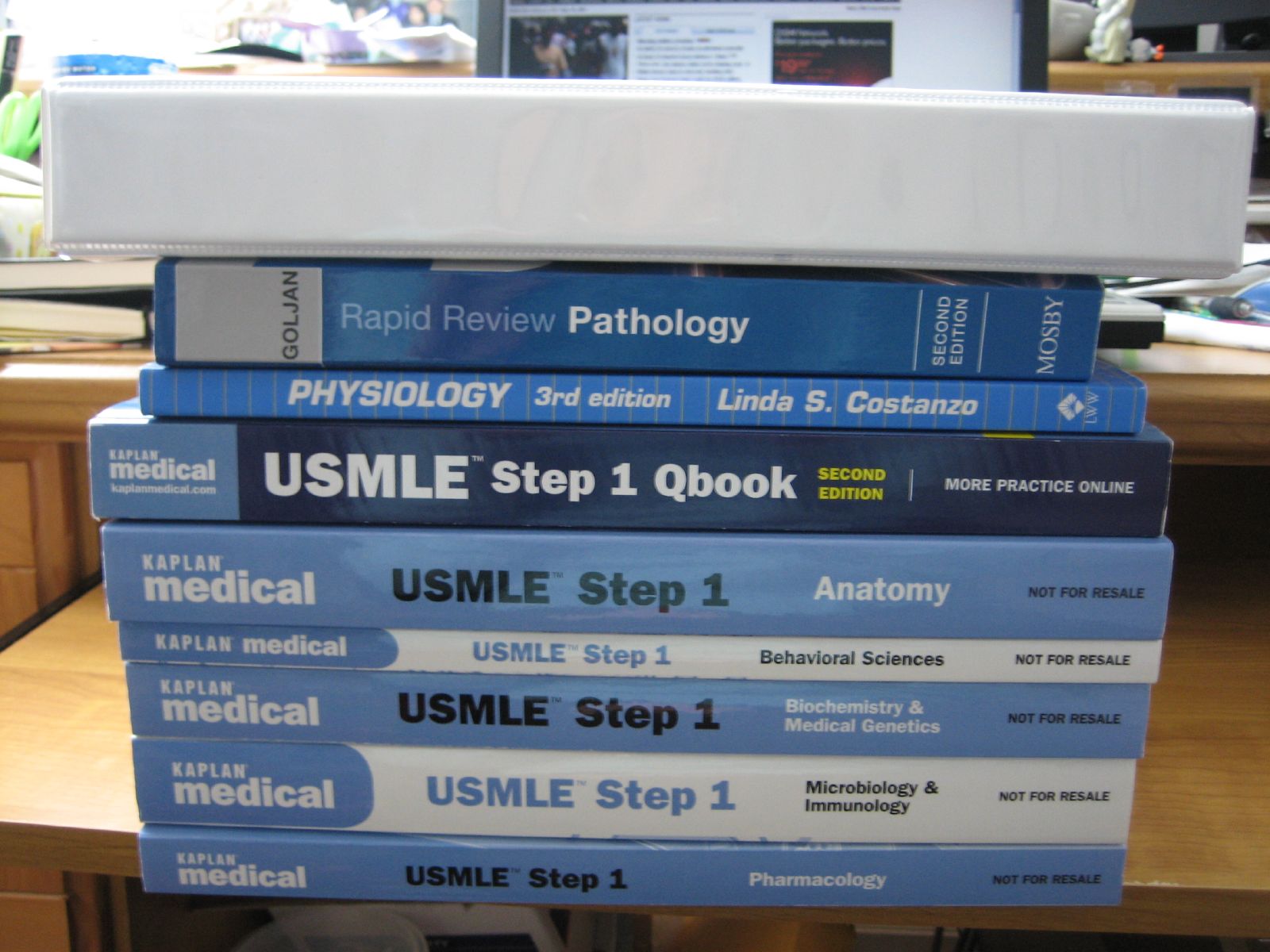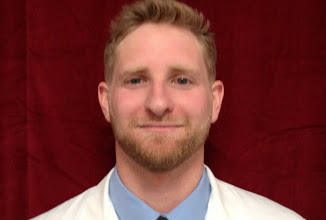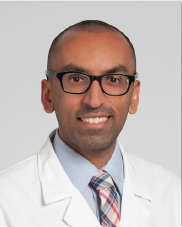Couples Matching for the Uncommitted
After four years of intensive studying, two years with long hours in the hospital and three years of dating, we made the decision to apply to dermatology and plastic surgery. Recognizing the competitive nature of both of these fields, we quickly realized that matching together may not be feasible. We wanted to take each other into account in the process without either one of us making a large sacrifice in the quality of our training program to be together. Open communication and transparency were critical for us throughout the process.









